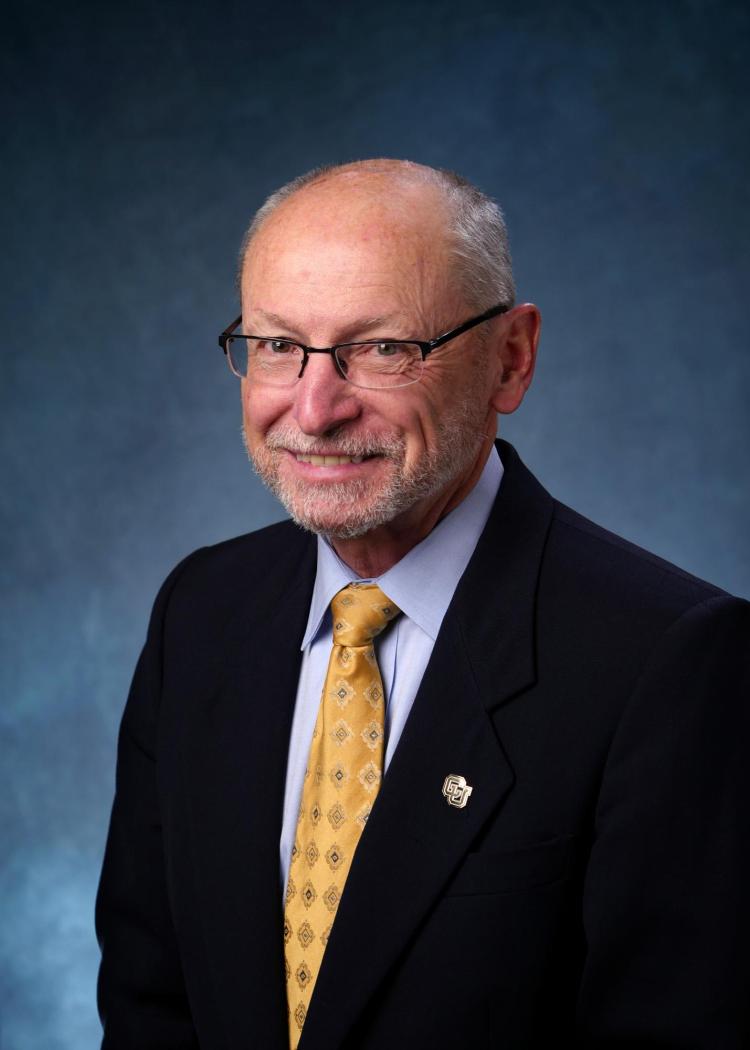From the Provost: Succeeding within the framework of our values
As a new semester begins, life at the university is in full force. We have observed the annual Martin Luther King, Jr. holiday, rededicating our community to the principles of social justice, equity and non-violence, and we’re re-engaging with our students, our colleagues and our work.

Provost Russell Moore
How we engage that work is, in my mind, just as important as the work itself. As I have written in this space before, living out our values both in our work and our social interactions is central to our individual and community success.
Acting with honor, integrity and accountability; respecting the rights of others and accepting our differences; and contributing to the greater good of the CU community—these imperatives form the Colorado Creed. The creed was devised and enacted by our students more than a decade ago, and today serves as the ethical center of our campus and, I believe, the clearest expression of our values.
Living out the creed is harder than simply articulating it, but, in my mind, it’s a road we must travel. A university that aspires to shape tomorrow’s leaders, be the top university for innovation and positively impact humanity cannot be any of those things in an atmosphere of mistrust, isolation and constant conflict.
Likewise, a university that is imagining its future, as our is, won’t be able to realize that future if its many communities cannot engage in collaboration, find common ground and act to elevate one another.
To create a culture of innovative thinking means ensuring the sources of people’s ideas—their backgrounds, life experiences and unique perspectives—are actively valued and shape our approaches to solving problems and improving processes.
The external pressures on higher education are tough enough these days with threatened funding, cultural and political conflict and growing skepticism among parents and students about the value of higher education, without our adding self-generated internal pressures.
When we exalt competition over collaboration, equate academic rigor with high failure rates and define excellence as a commodity only for the few, we are needlessly ratcheting up those internal pressures on ourselves.
I say: Let us deal with the pressures we face honestly and in a spirit of mutual support, open dialog and respectful listening—the hallmarks of effective communication.
If or when the pressures get to be too much, or when values are thrown out the door entirely and the safety of our community is threatened, I urge you to make use of the many services and resources we have on campus, including Student Affairs, Faculty Affairs, the Ombuds Office, OIEC or even the police department.
Moving ahead, I’m challenging each of us (and that includes me) to support one another, listen to one another in a spirit of patience that seeks understanding and not advantage, and to consider, as a part of every tough question we face together, “How will answering this question make us a better university and a better community?”
In the end, we must always strive to be both. Have a wonderful semester.
Russell L. Moore,
Provost


